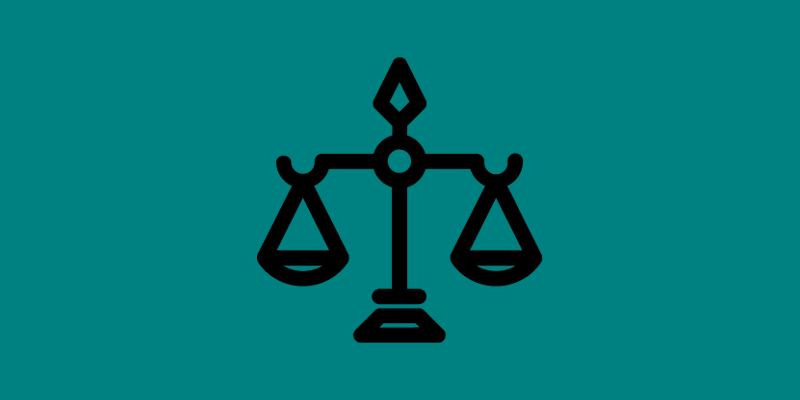Predictive Policing and Ethical Concerns
The advent of artificial intelligence (AI) has ushered in transformative changes across various industries, including criminal justice. One such application is predictive policing, a technology-driven approach that aims to anticipate and prevent crimes. While it holds the promise of enhanced law enforcement, predictive policing raises profound ethical concerns that merit careful examination.
Understanding Predictive Policing
Predictive policing leverages AI algorithms to analyze vast datasets, including crime statistics, demographics, and historical incident reports. By identifying patterns and trends, it aims to predict where and when crimes are likely to occur. Law enforcement agencies use these predictions to allocate resources strategically and prevent crimes proactively.
The Ethical Quandaries
- Bias and Discrimination: AI algorithms are only as unbiased as the data they are trained on. If historical policing data contains biases or reflects systemic discrimination, predictive policing can perpetuate these injustices. Minority communities may be disproportionately targeted, perpetuating existing disparities.
- Transparency and Accountability: The opacity of AI algorithms used in predictive policing raises concerns about accountability. Citizens and even law enforcement agencies may not fully understand how predictions are made, making it challenging to scrutinize or challenge the results.
- Privacy Invasion: Predictive policing often relies on data from various sources, including social media and public records. This raises concerns about the invasion of privacy and surveillance. How much personal information should be accessible to law enforcement, and who gets to decide?
- Self-Fulfilling Prophecies: The deployment of police resources based on predictive models can create self-fulfilling prophecies. Over-policing in certain areas can lead to more arrests, reinforcing the model’s predictions and exacerbating disparities.
Ethical Frameworks for Predictive Policing
To address these concerns, several ethical frameworks are being proposed:
- Algorithmic Fairness: Ensuring that predictive models are trained on unbiased data and are regularly audited for fairness
- Transparency: Requiring transparency in AI algorithms used in criminal justice and making them subject to public scrutiny
- Community Engagement: Involving communities in the development and deployment of predictive policing systems to ensure their concerns are heard
- Oversight and Accountability: Establishing oversight bodies to monitor the use of predictive policing and hold agencies accountable for any abuses
The Way Forward
Predictive policing is not inherently evil; it can provide valuable insights to law enforcement agencies when used ethically. The key is to strike a balance between enhancing public safety and respecting civil liberties.
To achieve this balance, it is crucial for policymakers, law enforcement agencies, and technologists to work together with transparency and accountability in mind. Ethical considerations should be at the forefront of the development and deployment of AI in criminal justice, ensuring that technology serves justice without compromising fundamental rights.
AI, Predictive Policing and Fairness
AI in criminal justice, particularly predictive policing, presents both promise and peril. Ethical concerns surrounding bias, transparency, privacy, and accountability cannot be ignored. As society grapples with the integration of AI in law enforcement, it is imperative to uphold the principles of fairness, justice, and individual rights.
By addressing these ethical challenges head-on and implementing safeguards, we can harness the potential of AI to improve public safety while safeguarding the values that underpin our justice system.
